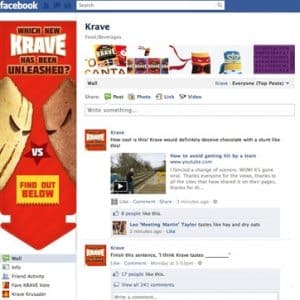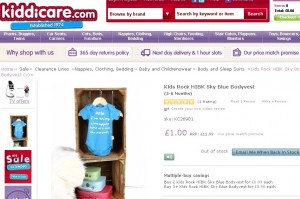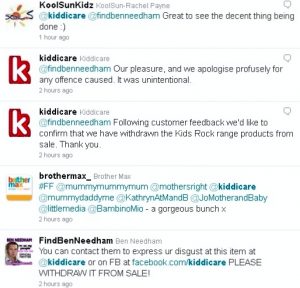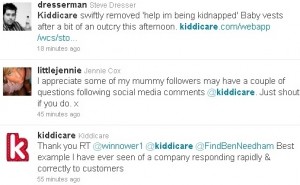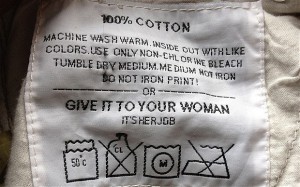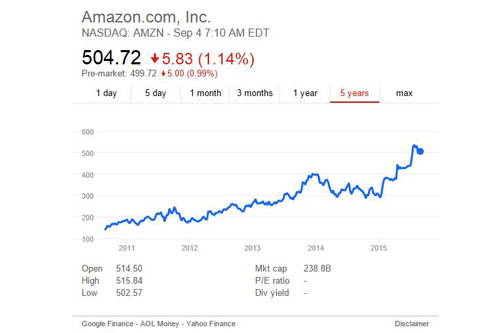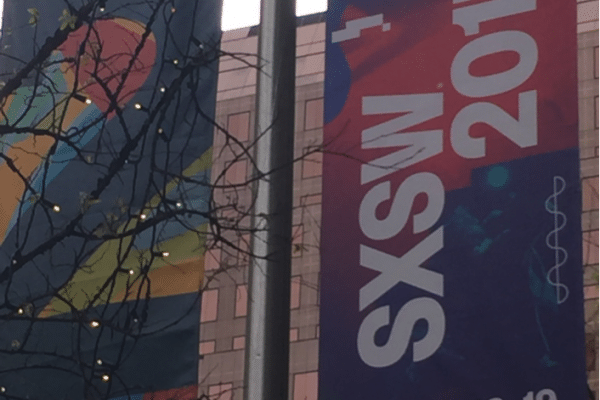Once a brand has made a very public error of judgement there’s no way back. It happened, people noticed. The brand has to understand why people were offended, apologise, learn from the mistake and move on. As we saw in January, some brands resort to denial (by, for example, deleting all critical comments from their Facebook wall), while others refuse to acknowledge that they even made a mistake.
Several brands had issues that played out over social media in February, but two stood out for all the right reasons.
Kellogg’s Krave had a big problem when someone from the brand posted an outlandish video on the brands Facebook page.
You may feel that a YouTube video of a man standing on a railway line playing chicken with an approaching train doesn’t quite feel like the right way to promote a kids breakfast cereal – you’d be right of course. At the start of the month someone from Kellogg’s Krave posted just such a video on Facebook – around the time that teenage railway deaths had been in the news.
Although frankly inexcusable, the brand did respond quickly by pulling the video and apologising, as well as tweeting the blog that published the story and posting a further apology in the comment section of the post.
Kellogg’s is very active on social media, with the @KelloggsUK Twitter account talking to people throughout the day – it’s not surprising that they were quick to pick up the blog post. The brands rapid response, apology and action meant that it was able to limit the reputational damage and move on.
The next social media crisis shows what could have happened to Kellogg’s it had been a little slower off the mark.
Children’s retailer Kiddicare were selling a range of babygro’s with the slogan “Help I’m being kidnapped these are not my real parents” written across the front. This was noticed by a journalist who called child abduction campaigner @findbenneedham for a response and they tweeted the story. The complaints started to build up on Twitter until two hours after the initial tweet when the brand responded by apologising and withdrawing the item from sale.
Although two hours isn’t a massive delay in responding, it’s two hours when people are tweeting about the brand and campaigning to get the product withdrawn. The absence of an official response during this time is very noticeable and can result in those complaining becoming even more frustrated with the brand for its lack of response.
However, when Kiddicare did respond, it didn’t send out a generic, “we are listening to your views and thinking about our next steps” kind of reply, it apologised and pulled the product from sale. In short, the brand didn’t just say that it was listening to customer feedback, it showed that it was.
This resulted in the company getting positive feedback from Twitter users.
Both Kellogg’s and Kiddicare demonstrated that, although mistakes can happen and brands cannot control people’s response to this mistake, it can ease the situation by responding in the right way. Kellogg’s through close reputation monitoring along with a rapid response, and Kiddicare by just being great at customer service.
Any brand can make a mistake. It’s the response that it will be remembered for.


